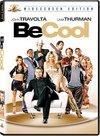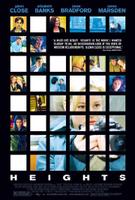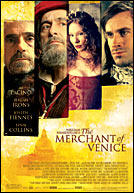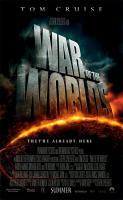Me and You and Everyone We Know- **** -B **1/2-S
 Brandon:
Brandon:In the opening of the movie, we are watching a married couple split up. The father, Richard (John Hawkes) is confused. He doesn't seem to understand what's happening, or why. "Let's have a ceremony!" He suggests. His wife is annoyed, probably even more so when his last minute ceremony goes awry.
This sets the stage for the entire movie. The movie focuses mostly on Richard and performance artist Christine (writer/director Miranda July), who are hesitantly trying to begin a relationship that neither one understands. But there are several characters, all interconnected in some way, who are facing the same problems- reconciling what they think of love with what it truly is.
This is the best plot outline I can really give, without giving away the magic of the movie. There are several plots which flow through the film, involving characters as young as six, demonstrating the hopes and fears of love and sex. Much of it is very funny (particularly one scene in the middle, which has even become a tagline for the movie- "))<>(( Forever"), some of it is sad, and much of it makes the characters question what they're getting themselves into.
I have seen critics saying things like it's this years Sideways, but I think it has more in common with 2003's Lost in Translation.
Sarai:**1/2
I tend to disagree with Brandon on this one. I thought most of the characters were little more than caricatures with no real depth. The shy, afraid to take a chance "video artist" (If you can call what she does art, I think it looked more like what a junior high kid in the eighties might do with a camcorder) meets a slightly bent but doting father and they dance around courtship. boring. I had a real problem with some of the adult dialogue in this film, like Richard proclaiming that he wants to be swept off of his feet and his children to have super powers and he's ready for great things to happen.
The children are really the more interesting part of this film. Without giving anything away, they are the comedy and the life force behind this film. If only the adult characters in this film had been better written, it had the potential to be a really good film.











